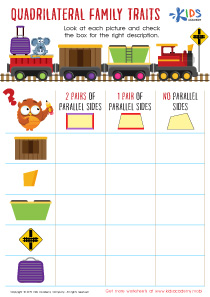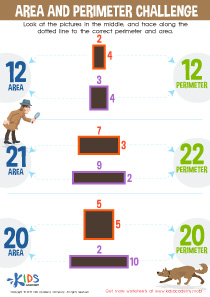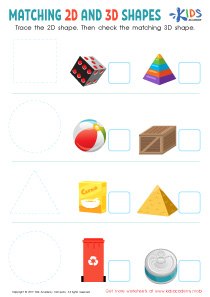Basic Math Skills Fractions of Shapes Worksheets for 6-Year-Olds
4 filtered results
-
From - To
Discover our engaging "Basic Math Skills Fractions of Shapes Worksheets" designed specifically for 6-year-olds! These worksheets provide a fun and interactive way for young learners to explore fractions through visual aids and hands-on activities. Children will grasp the concept of dividing shapes into equal parts, enhancing their understanding of basic math principles. Perfect for home or classroom use, our worksheets encourage creativity and critical thinking while making learning enjoyable. Suitable for all skill levels, these resources can help build a strong mathematical foundation. Empower your child’s learning journey today with our colorful and captivating fractions worksheets!
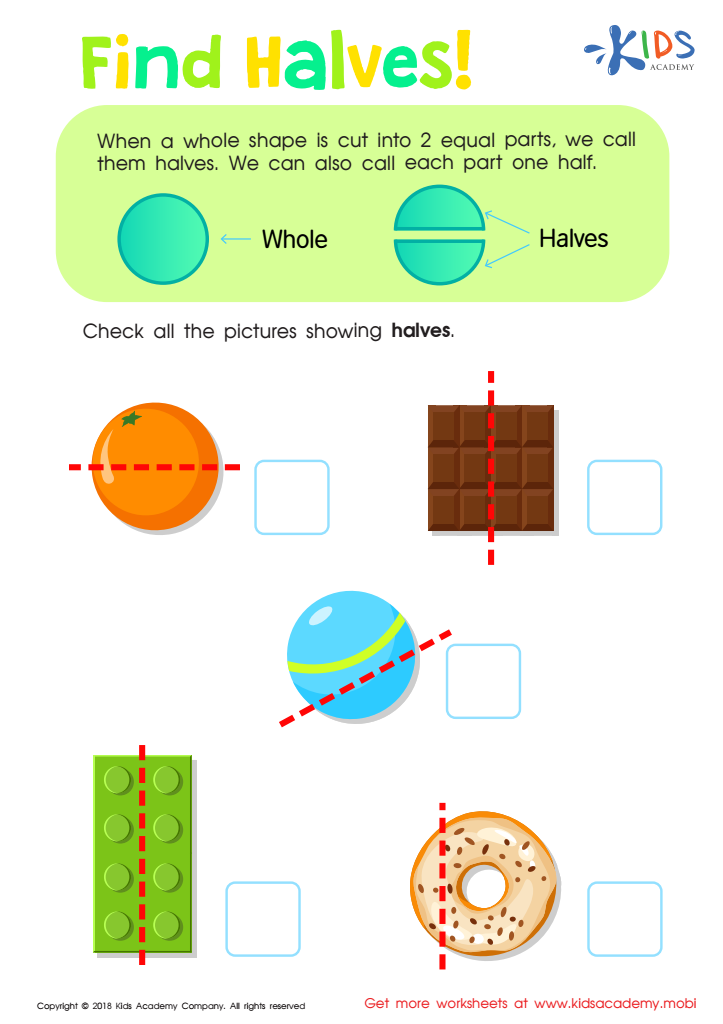

Find Halves Worksheet
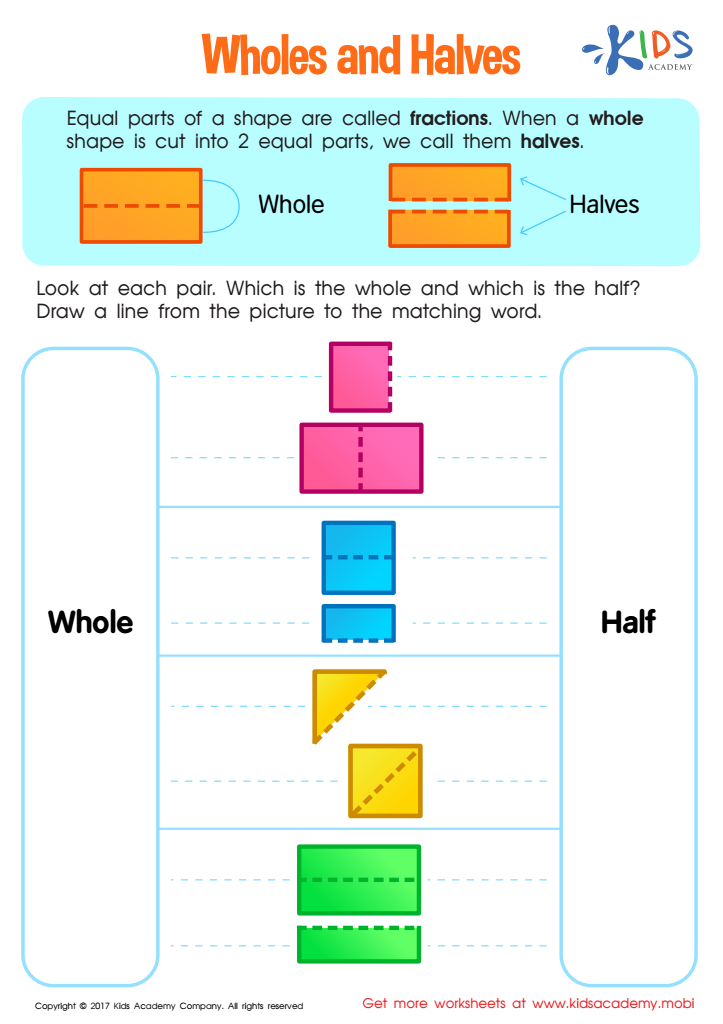

Wholes and Halves Worksheet
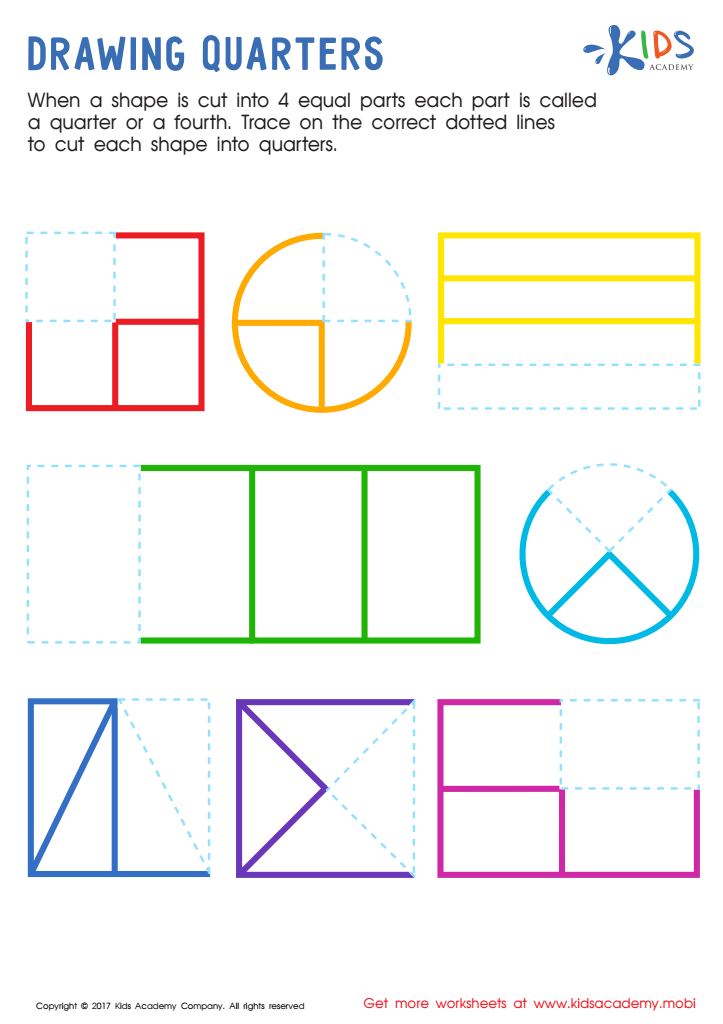

Drawing Quarters Worksheet
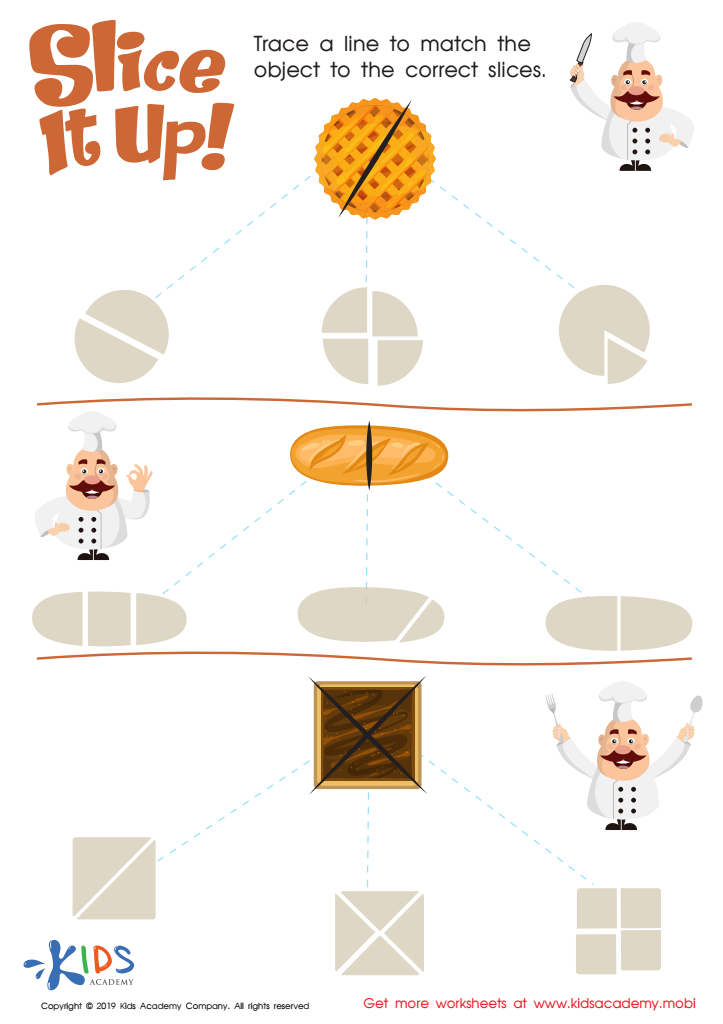

Slice It Up Worksheet
Basic math skills, including understanding fractions of shapes, are essential for 6-year-olds as they lay the foundation for future mathematical learning. At this developmental stage, children are naturally curious and eager to explore patterns, relationships, and shapes. Introducing fractions reinforces their understanding of parts versus whole and helps them grasp complex concepts later on, such as proportions and ratios in higher grades.
Fractions of shapes also promote critical thinking and problem-solving skills. By engaging with visual representations like pizza slices or pie charts, children can recognize and manipulate different parts of a whole, fostering spatial awareness and logical reasoning. Additionally, teaching fractions ties into everyday experiences, making math relevant and enjoyable; for instance, sharing snacks helps children appreciate the concept of equal parts.
Moreover, understanding basic fractions enhances confidence in math abilities, which can combat math anxiety in future learning. It also prepares them for real-world applications, such as cooking, measuring, or budgeting, making math an integral part of their lives. Thus, nurturing basic math skills early on not only empowers children academically but supports their overall cognitive, social, and emotional development. Parents and teachers play crucial roles in guiding this learning journey, setting the stage for lifelong mathematical competence.
 Assign to My Students
Assign to My Students











